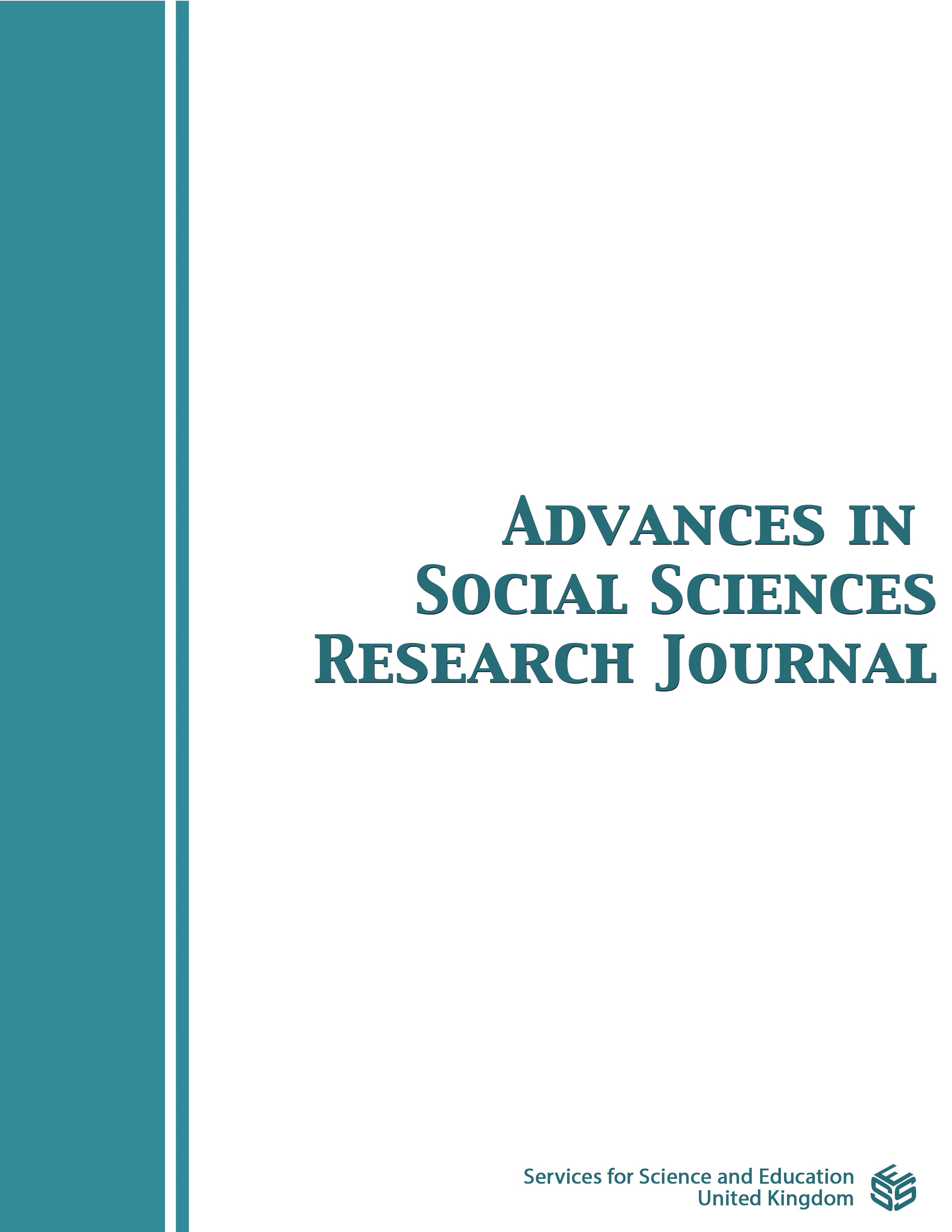Climate Change and Disasters in The Three Northern Regions of Ghana
DOI:
https://doi.org/10.14738/assrj.105.14380Keywords:
Climate change, disasters, livelihoods, indigenous knowledge, disaster mitigation, disaster adaptationAbstract
The study documented disaster events, their impacts and the strategies used by local communities to avert or live with these disasters. A desk study approach was used in data collection. Information from stakeholder organizations working on climate change and related livelihood issues was collected. Data on disaster occurrence, impacts as well as mitigation and adaptation strategies were also obtained from individuals and groups in the communities of the research. The study revealed that the occurrence of floods, drought, wildfires and famine have been widespread in the study area in time and space. Rural communities have however been able to cope with these disasters through self-help and solidarity of households and informal social networks based on neighbourhood, kinship, clansmen, friends and relatives, and religious ties. External support agents, however, usually do not use these local structures. Such interventions miss the really vulnerable in the community. Traditional people have profound knowledge for disaster prediction. These include knowledge of local rain corridors, colour of clouds, prolonged drought followed by storms, thunder and lightning during first rains in the year, change in calls of birds, onset of breeding periods of birds as sign of change in season.
Downloads
Published
How to Cite
Issue
Section
License
Copyright (c) 2023 Weobong, Conrad Atogi-Akwoa, Dovie, Delali B

This work is licensed under a Creative Commons Attribution 4.0 International License.
Authors wishing to include figures, tables, or text passages that have already been published elsewhere are required to obtain permission from the copyright owner(s) for both the print and online format and to include evidence that such permission has been granted when submitting their papers. Any material received without such evidence will be assumed to originate from the authors.






